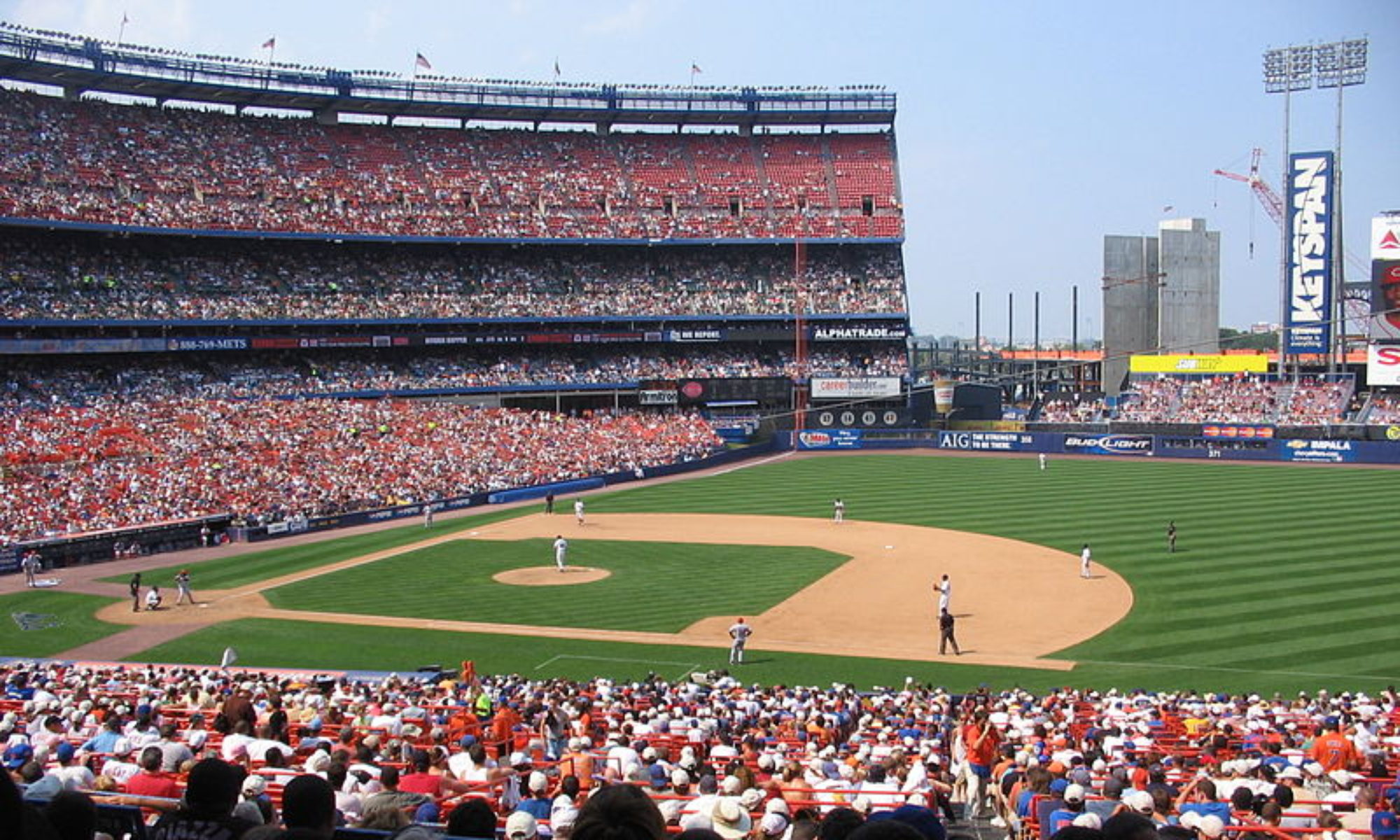Last week, MLB announced some rule changes to be implemented over the next couple years. Unfortunately, none of them address what will likely loom over the upcoming labor negotiations. Even worse, they were apparently implemented without the agreement of the players union.

My blog post earlier this month dealt with a few of these issues, mainly regarding player pay. In part 2, I’ll get into some structural problems. First off:
Fix the Qualifying Offer
In most cases, once a player becomes a free agent he can be given what’s known as a qualifying offer. A QO is essentially a 1 year contract averaged from the highest paid players the previous season. If a QO is declined, the team that signs that player has to forfeit a draft pick. It’s good that the team losing a FA is compensated, leveling the playing field for small market franchises. However, once you’re “tagged” with a declined QO, your value as a FA is decreased by the loss of that draft pick. We’ve seen how this has hurt quality players like Grandal and Moustakas.

The easy solution is to remove the loss of that pick. Instead, every team shares this “cost” by sliding back one pick in the draft. I would go a step further and allow teams and players to offer and accept as many QOs as they want. Currently, a player can only be offered a QO once, but if a guy wants to keep coming back for ~$18M and the team is willing to pay him, then why not? Everybody wins, including the fans who get to keep seeing their favorite talent.
Adjust the Luxury Tax
Only two teams exceeded the luxury tax threshold last year: the Red Sox and the Nationals, whose combined penalty wasn’t even $15M. While it’s not supposed to function as a hard cap, it works that way in practice as there’s one line and the tax penalty increases if you stay over it for consecutive years. Shockingly *hard sarcasm* this further suppresses FA wages as billionaires suddenly claim they “can’t spend anymore”. I don’t have an issue with there being a tax, but if you think a hard cap would create a competitive balance I encourage you to spend a season watching the NBA.

Instead, MLB should use marginal brackets, similar to how income tax works. For every bracket you pass, the money spent over that amount is taxed at an increasing rate. Rather than the current system which starts at a harsh 22.5%, a more gradual tax could start at just 5%. Penalty increases for multi-year offenders would be removed entirely. There’d no longer be a singular “line” that every team tries to stay under, and the incentive to cut payroll and “reset” multi-year penalties would be gone.
Stop the Tanking Epidemic
There’s a lot more I could get into here (a living wage for minor leaguers being the most notable) but I’ll end this 2 parter with baseball’s four letter word: tanking. The O’s, Marlins, Pirates, M’s, Giants, and D’Backs have combined to spend about $35M on new contracts this off season — that’s less than what Trout will be making by himself in 2019. We’ve got a fifth of the sport, completely unwilling to invest anything to improve their on-field product.

Why? Because they’re all currently tanking, stripping their teams of high paid talent and trying to lose more games for a higher pick in the draft. They’re not alone, either: the Tigers, Royals, ChiSox, Rangers, and Jays are 90-loss clubs, deep in rebuilds. Others like the Rox, A’s, Angels, and Twins won’t spend enough to put themselves into real contention. When half the sport isn’t trying, something needs to be done.
This is a broader issue about the health of the sport, but it impacts players too. There are fewer teams competing, vying for quality players and creating a healthy free agent market. Everyone loses here. Rather than your draft position being determined by your record last season, it should be an average of the past 3 years. That way, tanking is a far more costly, longer term proposition that fewer teams will engage in.

It’s hard not to get pessimistic about the next CBA negotiations. I believe that we’re ultimately looking at a strike, and that means, for the first time in over 25 years, there won’t be baseball. I love baseball. I don’t want there to not be baseball, and I hope that these types of changes can be implemented before we hit a point of no return.

